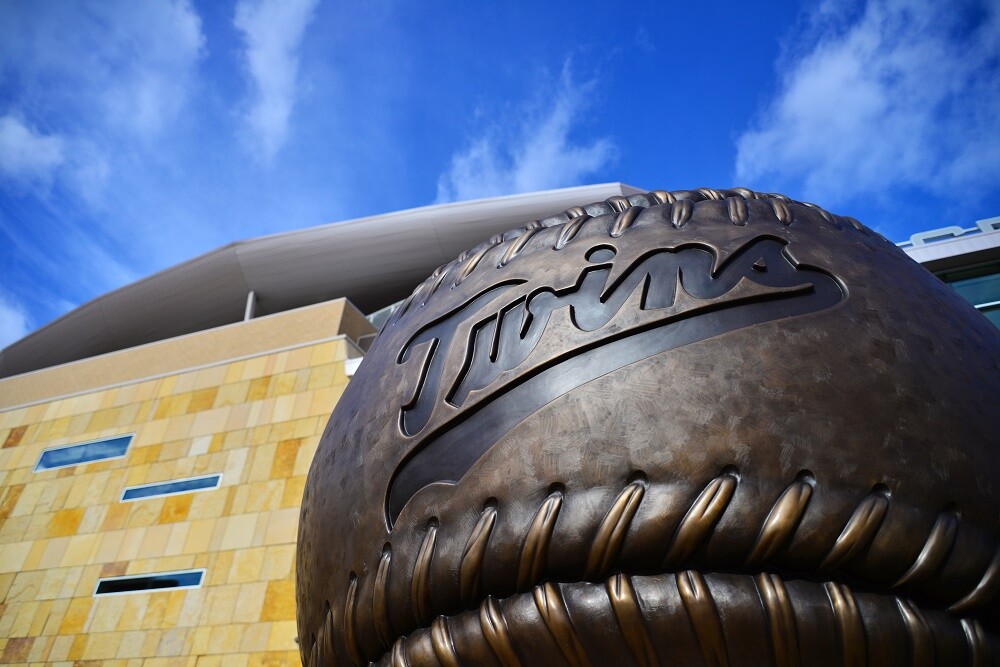Of all the sports, Major League Baseball has teams with some of the strangest names. While NFL teams largely are named after animals (Bears, Lions, Bengals, Panthers, Jaguars), baseball teams often get named after…well, they get named in a lot of strange ways.
Even the New York Yankees, which at first seems easy enough to understand, starts to get strange when you think about the origination of term. When it first came to prominence, it was typically used to describe a person from New England – which is home to the Yankees’ biggest foe, the Boston Red Sox.
So, maybe not so easy.
Explore the Unusual Baseball Team Names
Here’s a look at some of the strangest names that require some kind of explanation, which we will attempt to do here. Read on to learn the history of some unusual baseball team names.
Cincinnati Reds
The Reds started in 1882 as a member of The American Association, a league that challenged the National League and also offered much more fun for patrons at games (cheaper tickets, alcohol allowed in the stadium). In fact, an earlier version of the Reds – which started in 1869 – got kicked out of the stodgy National League because they sold beer and played on Sundays. Eventually, they rejoined the National League – where they still play today – in 1890.
Originally called the Cincinnati Red Stockings, they adopted their nickname – the Reds – when they joined the National League. However, here’s how bad the McCarty-era fervor against communism got: the team changed its name to Redlegs from 1956 to 1960. They then went back, and have stayed, with Reds.
San Diego Padres
Naming a team for the Spanish word for “Fathers” hardly strikes fear in an opponent, but it certainly is a name people won’t likely forget. With a mascot called the “Swinging Friar,” the Padres started playing baseball in Southern California in 1969 and have been there ever since. The team took its name from a Pacific Coast League team of the same name that played from 1936 to 1968 in San Diego. The owner of that team – C. Arnholt Smith – won the right to start a Major League Baseball club, and transferred the name to the new team. The name refers to the Franciscan friars who founded San Diego in 1769.
Minnesota Twins
Another interesting name, so-called because the team plays in Minneapolis, one half of the Twin Cities along with St. Paul. What you might not know is that the team has been in existence since 1894, first as the Kansas City Blues and then as the Washington Senators (a terrible name if ever there was one). Much like many “twin cities,” a rivalry exists between Minneapolis and St. Paul, so when the team came to Minnesota in 1961, the name Twin City Twins was considered. Awesomely awful. However, cooler heads prevailed and the team ended up becoming the first to be named after a whole state. They were followed later by the Florida (now Miami) Marlins, Arizona Diamondbacks, California (now Los Angeles) Angels and the Texas Rangers.
Chicago White Sox and Boston Red Sox
What’s the deal with the “X”? Newspaper editors, that’s what. As with many teams – like Cincinnati – the baseball team in Chicago went by White Stockings when it was formed in 1901. But newspapers had trouble fitting that into headlines, so editors at the Chicago Tribune shortened it to “Sox.” Eventually, the team officially took on the name. The Boston Red Sox adopted a similar nickname in 1907 – just with a different color – skipping the “stockings” part. They previously had been known as the Americans.
Houston Astros
What’s an astro? Well, technically, it means “relating to the stars, celestial objects and outer space.” Houston had a minor league team since 1888, called the Buffaloes (there are no buffaloes in Houston). When Houston won a Major League franchise in 1962, they called the team the Colt .45s (a name thought up by a fan for a contest). In 1965, the team was renamed Astros and moved into the Astrodome, which still stands on Loop 610 in Houston. The name pays homage to Houston’s central role in NASA space flights (which is why the basketball team is called the Rockets).
So there you go – the story behind some off-beat names. It’s part of what makes baseball interesting and offers a chance to learn about the league’s rich history.


Astros? Had no idea about that name. Great article, great insights! Keep ’em coming! Thank you!